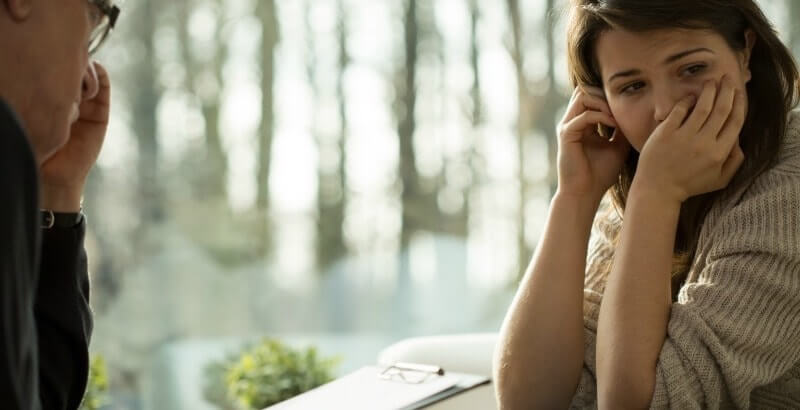Movie and cinema therapy is a unique and innovative form of therapy that utilizes the power of film to help individuals navigate their emotions, gain insight into their own struggles, and find inspiration for personal growth and healing. This type of therapy harnesses the emotional impact of movies to facilitate self-reflection, increase self-awareness, and promote psychological well-being.
So, how does movie and cinema therapy work? The process typically involves a therapist and client watching a film together and then engaging in a discussion about the thoughts, feelings, and reactions that were elicited by the movie. The therapist may ask probing questions to help the client explore the themes, characters, and storylines of the film in relation to their own lives and experiences.
By using movies as a therapeutic tool, therapists can help clients access and process buried emotions, identify unconscious patterns or beliefs, and gain new perspectives on their struggles. Films have the ability to evoke a wide range of emotions, from joy and laughter to sadness and anger, and can serve as a catalyst for deep emotional exploration and healing.
Moreover, movies can also provide clients with a sense of validation and connection, as they see their own experiences reflected on screen and realize that they are not alone in their struggles. Watching characters overcome adversity, face their fears, and ultimately find resolution can inspire hope and motivate clients to take positive steps towards their own healing journey.
In addition to individual therapy sessions, movie and cinema therapy can also be used in group settings to facilitate connection and shared understanding among participants. Watching a film together can create a sense of community and solidarity, as individuals come together to explore themes of common interest and relevance.
Overall, movie and cinema therapy is a creative and engaging approach to mental health treatment that offers a unique and effective way to explore emotions, gain insights, and foster personal growth. By harnessing the power of film, therapists can help clients make meaningful connections, gain new perspectives, and ultimately find healing and transformation.



